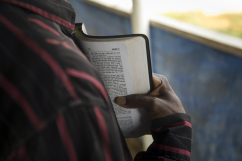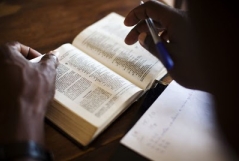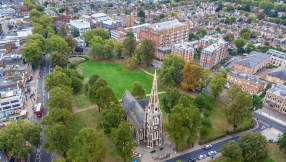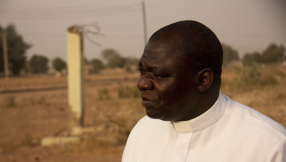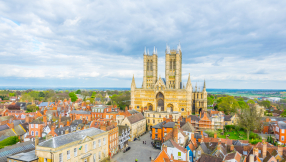Christians in Southeast Asia have successfully translated the New Testament into their mother-tongue, and are now able to read the Word in their own language for the first time.
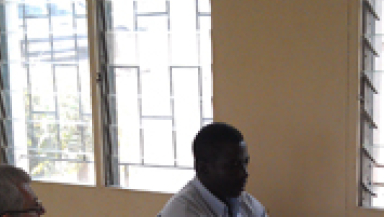
The gospel was first shared with the community in 1834 by missionaries, but the Bible did not exist in their own language until now.
Through the Wycliffe Associates' Mobilized Assistance Supporting Translation programme, a pioneering method that enables mother-tongue translators to translate the Bible in unprecedented time, the New Testament has now been translated.
"They've endured persecution. They've struggled to teach the Scriptures to their young people in other languages. They've been told for generations they have to keep waiting until Westerners can translate the Bible for them," said Bruce Smith, president and CEO of Wycliffe Associates.
The group of translators plan to complete the Old Testament by the end of 2016.
The Southeast Asia language group had been one of 14 people groups in the world – representing 17 million people – who have never read the Bible in their own language.

Translators worked in groups, drafting verses simultaneously before using a five-step process to check them for accuracy.
"In my 30 years of work in international missions, I've often heard there will be a day when the church takes its place, when the old-fashioned missionary model is no longer the only way. This is that day," Smith said.
"Christian churches, planted by missionaries in the 1800s, have survived – and they will drive the translation of God's Word into their own languages. There is no denying God has wrought the miraculous in Southeast Asia."










